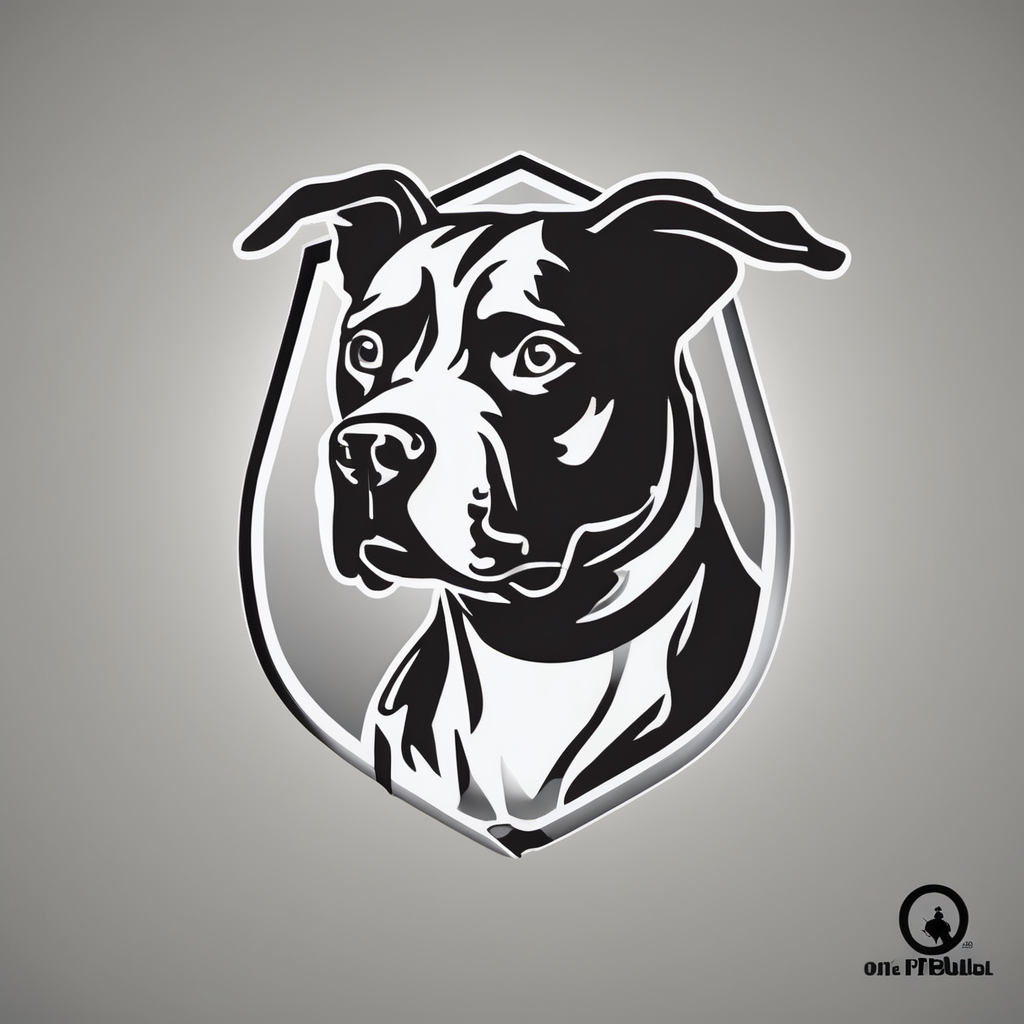Prioritising Exercise and Mental Stimulation in Confined Spaces
Living in urban UK settings often means limited room for your dog to roam freely. Yet, dog exercise urban UK can still be effectively maintained by integrating indoor dog activities and utilising nearby parks. Creative exercise options like interactive fetch games or agility tunnels work well in confined spaces, allowing your dog to burn energy without needing large outdoor areas.
Local urban green spaces play a crucial role in providing fresh air and physical activity opportunities. Regular visits encourage natural behaviours and keep your dog physically fit. While space is small, these city dog enrichment efforts prevent boredom, a common challenge in urban life.
Also to discover : How can you ensure your dog is happy in the UK climate?
Mental stimulation is equally important. Training sessions with interactive toys or puzzle feeders engage your dog’s mind and reduce destructive behaviours. Encouraging problem-solving and rewarding positive behaviours fosters a happier pet. Prioritising both physical and mental exercise ensures your dog remains healthy and content, despite the urban constraints. This balanced approach is key to preventing boredom and promoting overall wellbeing in city environments.
Ensuring Urban Safety for Dogs
Urban dog safety demands careful attention to busy streets and heavy traffic often encountered in UK cities. To navigate safely, always use well-maintained, secure leashes to keep control. UK dog walking rules require dogs to be on a lead in many public areas, especially near roads and crowded spaces. Following these laws prevents accidents and legal issues.
Also read : How can you find the perfect UK vet for your dog?
City hazards for dogs include fast-moving vehicles, cyclists, and pavement dangers like broken glass or sharp litter. Regularly scan your walking route to avoid these risks. Keeping your dog close reduces the chance of injury from harmful debris or sudden hazards.
Leash laws in the UK vary by local council but generally aim to protect both dogs and people, making adherence crucial. Safe walking practices also mean avoiding distractions—no phone use while managing your dog—ensuring your focus remains on environmental changes.
By abiding by urban dog safety principles, you protect your pet from common city dangers and promote a positive walking experience. This vigilance supports happier, healthier outings and strengthens the bond between you and your dog in urban UK settings.
Prioritising Exercise and Mental Stimulation in Confined Spaces
Maximising dog exercise urban UK within limited indoor areas demands creative solutions. Interactive games like tug-of-war and simple hide-and-seek challenges can help expend energy without requiring vast space. Compact agility equipment, such as collapsible tunnels or low hurdles, offers excellent physical engagement indoors.
Nearby parks and urban green spaces remain vital for longer, more varied exercise sessions. Regular visits allow dogs to explore new smells and sights, fulfilling instincts absent in confined environments. Even short walks combined with focused play can significantly boost activity levels.
Mental stimulation complements physical exertion. Puzzle feeders challenge your dog’s problem-solving skills and slow eating, which benefits digestion. Training sessions are essential urban dog activities, reinforcing commands and encouraging focus amid distractions. Toys with hidden compartments or treat-dispensing features promote sustained interest, preventing boredom that often arises in smaller living spaces.
By blending indoor dog activities with access to outside green spaces, owners support both the mind and body health of their pets. This approach ensures balanced city dog enrichment, critical for maintaining wellbeing despite spatial limitations common in UK urban settings.
Prioritising Exercise and Mental Stimulation in Confined Spaces
Maximising dog exercise urban UK in limited spaces requires inventive indoor dog activities to keep energy levels high. Engaging games like tug-of-war or hide-and-seek encourage movement without needing much room. Incorporating compact agility tools, such as foldable tunnels or small hurdles, enhances physical activity indoors, promoting muscle tone and coordination.
Access to urban green spaces remains vital, providing variety through outdoor exploration and fresh air. Even brief visits complement indoor play by exposing dogs to new scents and sounds, essential for natural enrichment. This blend fosters more rounded city dog enrichment by balancing physical exertion with mental stimulus.
Mental engagement is key for preventing boredom, a typical issue in confined urban homes. Puzzle feeders and treat-dispensing toys challenge problem-solving skills and sustain interest longer during playtime. Consistent training sessions reinforce commands and improve focus amid city distractions. These strategies together support canine wellbeing, helping dogs adapt happily to space constraints common in UK urban settings.
Prioritising Exercise and Mental Stimulation in Confined Spaces
Maximising dog exercise urban UK within limited indoor areas demands creative and adaptive strategies. When space is tight, engaging indoor dog activities such as tug-of-war, hide-and-seek, or scent games provide valuable physical exertion. Utilizing compact agility tools like foldable tunnels or low hurdles further elevates exercise quality without requiring large rooms.
Beyond indoor play, tapping into local parks and urban green spaces remains indispensable for varied stimulation. Short walks combined with outdoor exploration introduce fresh scents and sounds, enhancing your dog’s sensory experience. This variety between indoor and outdoor activity supports well-rounded city dog enrichment, which is essential for overall canine health.
Mental challenges play a pivotal role in preventing boredom, a common issue for urban dogs in confined settings. Interactive puzzle feeders, treat-dispensing toys, and brief but frequent training sessions not only occupy the mind but also reinforce obedience. These methods maintain focus amid city distractions and promote positive behaviour.
Ultimately, blending dynamic indoor dog activities with regular access to nearby outdoor spaces supports both the physical and mental wellbeing of urban dogs, ensuring they thrive despite environmental constraints.
Prioritising Exercise and Mental Stimulation in Confined Spaces
Maximising dog exercise urban UK requires inventive use of limited indoor space. When outdoor access is constrained, indoor dog activities like scent games and tug-of-war stimulate physical movement and mental engagement effectively. Incorporating compact agility equipment—foldable tunnels or low hurdles—enhances city dog enrichment by promoting coordination and muscle development without needing ample room.
But how can owners maintain motivation and prevent boredom over time? Regularly rotating toys and challenges keeps dogs interested and mentally sharp. Puzzle feeders and treat-dispensing devices slow eating and reward problem-solving, which helps in preventing boredom and reducing destructive behaviours. Consistent short training sessions further reinforce commands and attention, improving behaviour amid urban distractions.
Moreover, using nearby parks supplements indoor play by providing fresh sensory experiences. This combined approach of indoor challenges and outdoor exploration ensures pets receive balanced enrichment, vital for their wellbeing in confined UK urban settings. Prioritising both physical activity and mental stimulation through varied indoor dog activities keeps dogs happy, healthy, and well-adjusted despite spatial constraints.
Prioritising Exercise and Mental Stimulation in Confined Spaces
Maximising dog exercise urban UK within confined living spaces demands creativity and consistency. Indoor dog activities like scent-based hide-and-seek or tug-of-war offer physical output while engaging your dog’s mind. Using compact, foldable agility equipment such as tunnels and low hurdles promotes coordination and muscle tone without needing ample room.
Local urban green spaces remain indispensable for varied sensory experiences. Brief visits to parks deliver fresh smells and sounds vital for natural enrichment. These outdoor moments complement indoor play, forming a balanced routine of city dog enrichment.
To deepen mental stimulation and assist in preventing boredom, interactive toys, puzzle feeders, and treat-dispensing devices are highly effective. These tools encourage problem-solving and extend playtime interest. Consistent training sessions also reinforce good behaviour and attentiveness amid city distractions.
Combining these methods addresses both physical and cognitive needs, ensuring your dog stays active and mentally sharp despite the constraints of urban living. Through diverse indoor activities alongside regular access to outdoor spaces, urban owners can promote a healthy, content canine lifestyle in the UK.

